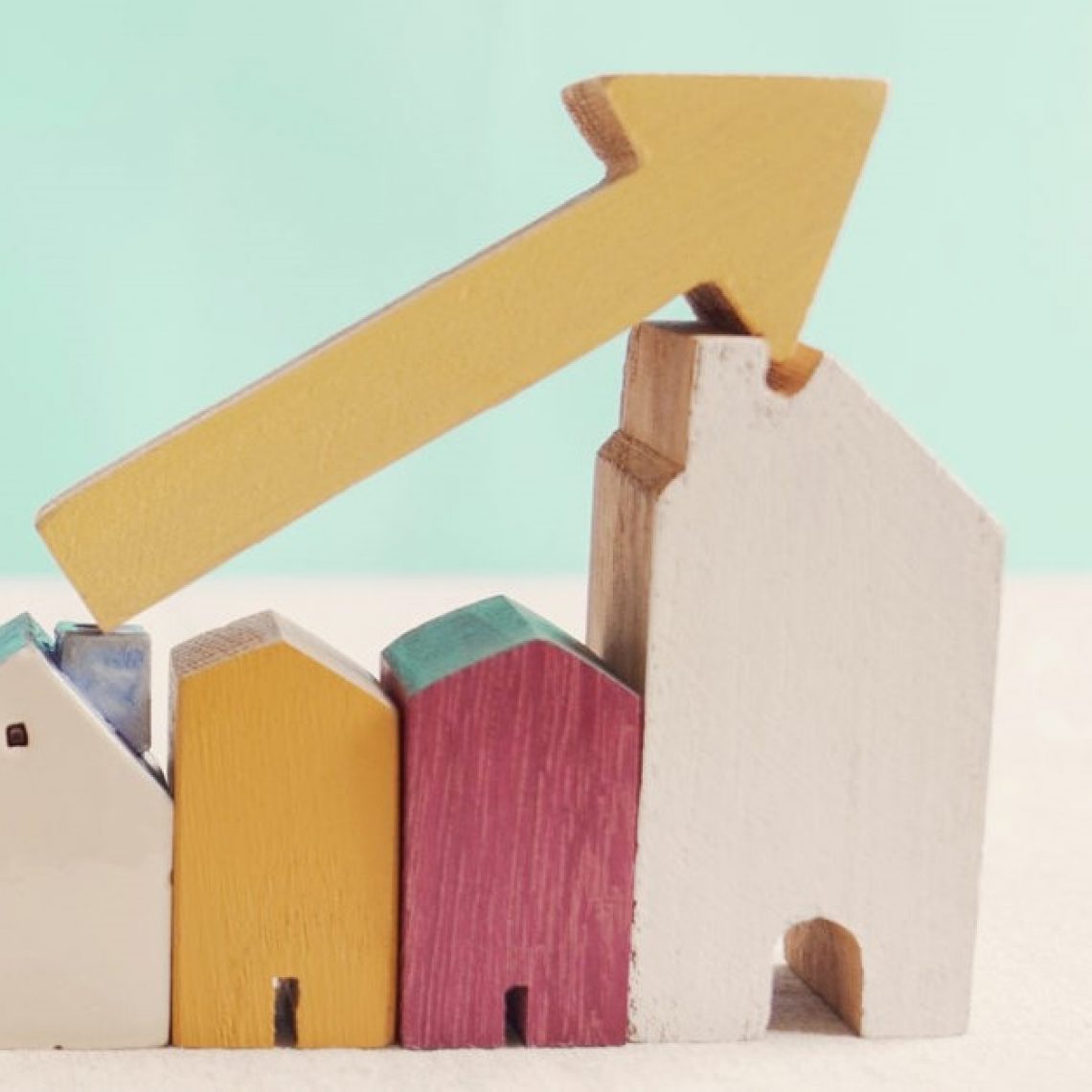Inflation and the Housing Market in 2023
We’ve all felt the effects of inflation, whether through higher gas prices or spending more on food at the grocery store, but it’s left many of us wondering what it means for the housing market. While inflation can be somewhat unpredictable, we can look at a few key ways it’s been known to impact the housing market. Through this, we can better understand what it means for homeowners and homebuyers.
What is Inflation?
Inflation is the increase in the prices of goods and services over time. The level of inflation is determined by the broader impact of higher prices and is measured through a few different indexes, with the most common being the Consumer Price Index (CPI). CPI looks at the average cost of living, including goods and services such as transportation, food, and medical care. It helps to identify periods of inflation and how it influences the affordability of the cost of living.
Ultimately, a rise in inflation means a decrease in purchasing power, as the dollar doesn’t go as far as it did before. Deflation, on the other hand, comes with an increase in purchasing power as prices of goods and services drop. Therefore, home prices and the cost of rent fluctuate with the level of inflation, influencing the housing market.
Supply and Demand
The law of supply and demand examines the relationship between buyers and sellers, specifically the price of a good and the willingness of a buyer to pay that price. Inflation has a direct impact on supply and demand in the housing market. Historically, the demand for houses may be lower during higher periods of inflation because of higher mortgage rates, something that can cause houses to sit unsold for longer and their prices to sometimes drop.
While that might not seem like great news for homeowners, it’s worth noting that the overall value of houses steadily increases over time, meaning that houses still likely sell for more than what homeowners initially paid for them. And if time isn’t of the essence and homeowners can wait longer to sell, then the market would eventually balance out.
On the other hand, this can be good news for homebuyers since there’s less competition for homes as more people may wait for mortgage rates to drop again. Since inflation can be somewhat unpredictable, it’s not always easy to determine when exactly rates will rise or fall. Ultimately, homeownership is still a highly valuable investment for a variety of reasons.
Why Home Ownership is valuable
As mentioned earlier, inflation causes the cost of all goods to rise, thereby impacting the general affordability of the cost of living. Gas prices rise, groceries cost more, the cost of materials are higher, and housing costs increase. It’s not necessarily a one-to-one relationship, but inflation has broad reach. Higher mortgage rates might deter people from their pursuit of homeownership, leading more people to look into rental options. However, rent is always fluctuating. The price you pay for a rental will continually be susceptible to the current economic market, so you’ll rarely have a long-term fixed monthly payment.
As of June 2022, the national median rent price was $1,876 a month, a 14.1 percent increase from the previous year. On the other hand, when you buy a home with a fixed-mortgage rate, you’ll have one steady payment that will not change even as inflation increases or decreases. The house would also appreciate over time, meaning the value of the property will increase. Any initial down payment ends up being worth more since that number was determined by the cost of the house and the mortgage rate when purchased. Homeownership is an investment, but it’s well worth it. And in the long term, mortgage rates as of August 2022 are still lower than the historical average of 8 percent. The housing market is tied to inflation but in comparison to the rental rate rise, homeownership is attainable in today’s world.

Inflation isn't Forever!
The good news for both buyers and sellers is that inflation doesn’t last forever. It eventually must end, otherwise money would continue to be devalued which would have a greater negative impact both nationally and on individuals. So for the benefit of everyone, you can trust that inflation will decrease over time.
